Solo travel is an exciting and liberating experience, but it can also be a bit daunting. With so many things to think about and prepare for, it’s easy to overlook some important items. That’s why we’ve put together this comprehensive solo travel tips of 29 things you need to remember before you leave for your next solo adventure. From essential travel documents to health and safety items, this list covers everything you need to have a safe and enjoyable journey.
In this article, you’ll find tips and tricks for packing efficiently, staying connected while on the road, and staying safe in unfamiliar places. We’ll also provide information on how to research your destination and create an itinerary, as well as suggestions for entertainment and comfort items. Whether you’re a seasoned solo traveler or a first-timer, this guide will help you prepare for your trip and make the most of your solo adventure.
Be Prepared for Anything: Essential Solo Travel Tips
Clothing and Personal Items
Clothing for various climates and activities
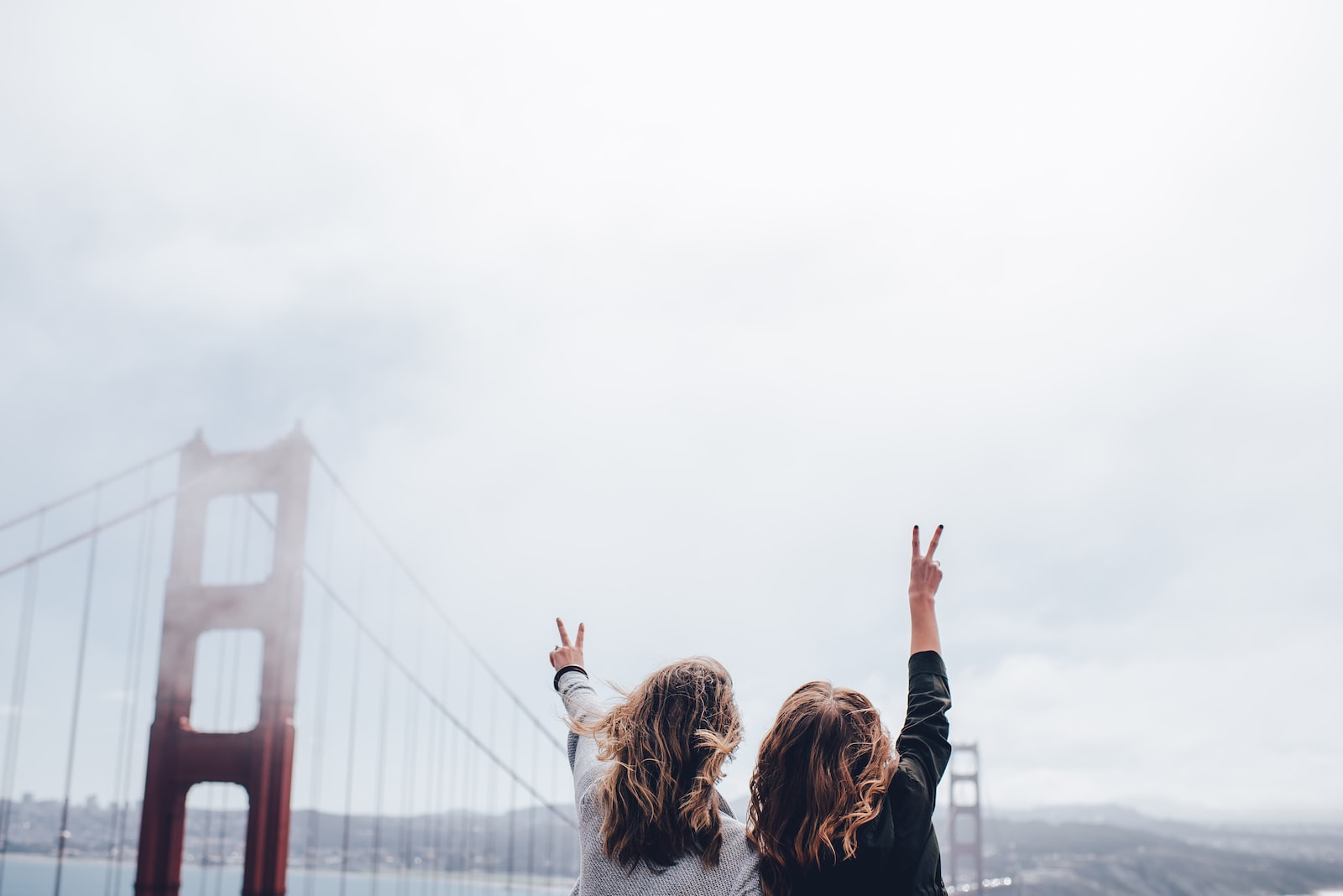
When it comes to solo travel, having the right clothing is crucial. Whether you’re heading to a hot and humid destination or a cold and snowy one, it’s important to have clothing that can adapt to different climates and activities. Our recommendations include layering, waterproof and warm clothing, and clothing suitable for activities such as hiking and swimming.
Toiletries and personal hygiene items
Personal hygiene is important when traveling solo. Make sure you have all your essential toiletries such as toothbrush, toothpaste, shampoo and soap, as well as any personal hygiene items you may need like tampons or sanitary napkins. Pack them in a transparent bag so that it’s easy to spot them in your luggage, and also make sure to have enough for the duration of your trip.
Travel Documents and Identification
Passport and visas
Having a valid passport and any necessary visas is essential for solo travel. Before you leave, make sure your passport is up to date and has enough validity for your trip. If you need to renew your passport or obtain a visa, be sure to research the process and allow enough time for the application to be processed.
Identification and documentation
When traveling solo, it’s important to have the right identification and documentation with you. Make sure to bring important documents such as your ID, driver’s license, and proof of insurance. Keep copies of these documents in a secure place, and carry the originals with you at all times.
Travel insurance
Travel insurance is a must-have for any solo traveler. It can provide protection for unexpected events such as trip cancellation, medical emergencies, and lost or stolen baggage. Be sure to research different travel insurance options and find the one that best suits your needs. Make sure to read the policy and understand what is covered before purchasing it.
Health and Safety
First aid kit
A personal first aid kit is an essential item for any solo traveler. It can provide peace of mind in case of minor injuries or illnesses. Suggestions for items to include in a personal first aid kit include band-aids, antiseptic wipes, pain relievers, and any personal prescriptions or over-the-counter medications you may need. Pack them in a small and portable container, so you can easily access them when needed.
Vaccinations and health precautions
Before you travel, it’s important to research the recommended vaccinations and health precautions for your destination. Some destinations may require vaccinations, while others may have a risk of certain illnesses. It’s also important to consider taking precautions against illnesses such as malaria or altitude sickness, especially if you plan to travel to remote areas or engage in activities such as hiking or camping. Be sure to consult with your doctor or a travel health clinic before your trip to ensure that you are up-to-date with any necessary vaccinations and have taken any necessary precautions.
Electronics and Accessories
Phone and charger
Keeping a charged phone and staying connected while traveling is important for solo travelers. There are several ways to do this, such as buying a local SIM card or using a mobile hotspot. Having a charged phone will allow you to make emergency calls, navigate unfamiliar places and stay in touch with loved ones. It’s also a good idea to download maps and translation apps beforehand, so you can access them offline when you’re on the go.
Camera and charger
A camera is a great way to capture memories of your solo travel adventure. Whether you prefer a point-and-shoot camera or a high-end DSLR, make sure to bring a charger with you. It’s also a good idea to bring extra memory cards, so you don’t run out of storage space.
Power bank or portable charger
Keeping electronic devices charged on the go is essential for solo travelers. A power bank or portable charger can provide a quick and easy way to charge your phone, camera, or other electronic devices when you’re on the go. Make sure to choose a power bank or portable charger that is compatible with your devices and has a high capacity. This will ensure you stay connected and have access to your electronic devices throughout the trip.
Planning and Itinerary
Researching your destination
Researching your destination before leaving is crucial for solo travel. It allows you to learn about the culture, customs, and language of the place you’re visiting. It’s also important to check for any travel warnings or restrictions, and to find out about any laws, rules and regulations that may be different from your home country. This will help you to be well-informed and prepared for your trip, and also, to avoid any unwanted surprises.
Creating an itinerary
When it comes to solo travel, having an itinerary can provide a sense of structure and organization. When creating an itinerary, consider factors such as accommodation, transportation, and activities. Researching and booking in advance can save you time and money, and also, make sure that you have a place to stay during your trip.
Being flexible with your itinerary
Being flexible with your itinerary is important for solo travel. It allows for unexpected delays or changes of plans, and also, for new experiences. Allow yourself some extra time between activities, so you’re not rushing around and can take in the sights and sounds of your destination. Being open to new experiences, and not having a strict schedule, can lead to some of the most memorable moments of your trip.
Communication and Emergency Contacts
Staying in touch with friends and family
Staying in touch with friends and family while traveling is important for solo travelers. Whether it’s for peace of mind or for practical reasons, there are several ways to do this such as using social media, email, or messaging apps. This can help you stay connected and share your experiences with loved ones. It’s also a good idea to let friends and family know your travel itinerary, so they know where you are and when to expect to hear from you.
Emergency contact information
Keeping emergency contact information with you is important for solo travel. This can include the contact information for the nearest embassy or consulate, or a trusted friend or family member. It’s a good idea to keep this information in a secure place, such as in a waterproof bag or in a digital document on your phone, so you can access it easily if needed.
Knowing how to contact emergency services
Knowing how to contact emergency services in case of emergency is crucial for solo travel. This can include the emergency phone number, which is usually 911 or 112. It’s also a good idea to find out the emergency phone number for your destination, in case you need to contact emergency services while you’re there. It’s important to be aware of the emergency procedures and where the emergency exits are located in the places you are staying such as hotels or hostels.
Cultural Sensitivity and Adaptability
Understanding cultural customs and etiquette
Understanding cultural customs and etiquette before traveling is important for solo travelers. Researching local norms and customs, and being aware of any taboos or sensitive topics can help you navigate unfamiliar places with confidence. This will help you to avoid any unintentional cultural faux pas and also to show respect to the local culture and customs.
Respecting local cultures and customs
Respecting local cultures and customs is crucial for solo travel. This can include being mindful of dress codes, and avoiding behavior that may be considered disrespectful or offensive. Be aware that customs and traditions can vary greatly from one place to another, and being mindful of them can help you avoid uncomfortable or embarrassing situations.
Being adaptable and open-minded
Being adaptable and open-minded while traveling is important for solo travelers. Being willing to try new things, and accepting that things may not always go according to plan can make your trip more enjoyable. Being open-minded can also lead to new experiences and opportunities that you may not have otherwise considered. It’s important to be flexible and go with the flow, especially when traveling solo.
Budgeting and Money Management
Setting a budget
Setting a budget for your trip is an important step for any solo traveler. This includes considering the costs of accommodation, transportation, food and activities. Researching prices ahead of time, and setting a budget for each category will help you to have a better idea of how much money you’ll need. By setting a budget, you’ll be able to prioritize your expenses and make sure you have enough money to cover all the costs.
Being mindful of unexpected expenses
While traveling, it’s important to be mindful of unexpected expenses. These can include emergencies or unforeseen activities. Emergencies can range from getting sick or injured, to losing your passport or other important documents. Unforeseen activities can include things like last-minute tours or attractions you decide to visit. Being mindful of unexpected expenses and setting aside some extra money for them can help you to be prepared for any eventuality. It’s also a good idea to have a credit card or a debit card with you, as a backup option in case of any unexpected expenses.
Packing and Luggage
Choosing the right luggage
Choosing the right luggage is an important aspect of solo travel. Consider the type of trip, the duration of the trip, and the mode of transportation when choosing your luggage. For example, a backpack or a duffel bag may be more suitable for a hiking or camping trip, while a rolling suitcase may be more appropriate for a city trip.
Packing efficiently
Packing efficiently can save you time, money and space. This can include using packing cubes to organize your clothes, or rolling them to save space. It’s also a good idea to make a list of essentials and non-essentials, so you can prioritize what to pack. Packing light can also make it easier to move around and avoid any extra baggage fees. Remember to only pack what is necessary, and leave some extra space in your luggage for any souvenirs you may purchase during your trip.
Miscellaneous Items
Suitcase lock
When traveling, it’s important to secure your personal belongings with a high-quality suitcase lock. Not only will it prevent theft, but it will also give you peace of mind while you’re away from home. Investing in a TSA-approved lock will ensure that your suitcase can be inspected by airport security without being damaged. With so many options on the market, it’s easy to find a lock that fits your needs and budget.
Backpack or shoulder bag
When it comes to carrying personal belongings and valuables while traveling, a versatile and secure bag is essential. A backpack or shoulder bag with multiple compartments and a locking mechanism is a great option. Look for a bag made of durable materials that can withstand wear and tear, and one that has a comfortable fit. This way, you can keep your hands free and your valuables safe while exploring your destination.
Entertainment for travel
Long trips can be boring, so it’s important to have some entertainment options on hand. Consider packing a book, a Kindle, or an audiobook for reading. For music, bring a portable speaker or a pair of noise-canceling headphones. To pass the time, pack a few games like a deck of cards, a travel-sized chess set, or a Sudoku book. With a little planning, you’ll be able to make the most of your travel time.
Sunscreen and insect repellent
When traveling, it’s important to protect your skin from the sun’s harmful UV rays and to avoid insect bites. Pack a high-quality sunscreen with a high SPF and a good insect repellent. Be sure to reapply as directed, especially if you’re spending a lot of time outdoors. Not only will this protect your skin, but it will also prevent itching and discomfort.
Basic kitchen supplies
When traveling, it’s important to have basic kitchen supplies on hand. Consider bringing a water bottle, utensils, or a camping stove. This way, you can prepare your own meals and save money. A camping stove is also a great option for camping or backpacking trips. With a little preparation, you’ll be able to eat well and stay hydrated while on the road.
Emergency supplies
When traveling, it’s important to be prepared for emergency situations. Consider packing a whistle, a signaling mirror, or a personal locator beacon. These items can help you signal for help if you get lost or injured. A personal locator beacon can also be a lifesaver in remote areas. By being prepared, you can ensure that you’re ready for anything and increase your chances of survival.
Conclusion
Solo travel is a fantastic way to explore the world, but it’s important to be prepared. By following this guide of 29 things you need to remember before you leave, you’ll be able to plan and pack for your trip with confidence. From essential travel documents and health and safety items, to entertainment and comfort items, this guide covers everything you need to have a safe and enjoyable journey.
By researching your destination, creating an itinerary, and being flexible, you’ll be able to make the most of your solo adventure. And by following our tips and tricks for packing efficiently, staying connected, and staying safe, you’ll be able to navigate any challenges that come your way. So pack your bags, grab your passport, and set off on the adventure of a lifetime with confidence and peace of mind, knowing you’ve got all you need to make your trip a success!
FAQ (Frequently Asked Questions)
What should I pack for a solo trip?
Our “29 Solo Travel Essentials: The Only Checklist You Need Before You Leave” has everything you need to know! From clothing to documents, health, and emergency supplies, our guide will ensure you have everything you need for a successful solo trip.
What are the most important items for solo travel?
Travel documents and identification, health and safety essentials, and a power bank or portable charger are among the most important items for solo travel. Our checklist includes these and many more must-have items to make your solo journey a success.
How do I stay safe while traveling alone?
Staying safe while traveling alone starts with being prepared. Our “29 Solo Travel Essentials: The Only Checklist You Need Before You Leave” includes tips for staying safe on the road, such as keeping emergency contact information and knowing how to contact emergency services.
How do I plan a budget for my solo trip?
Our “29 Solo Travel Essentials: The Only Checklist You Need Before You Leave” includes recommendations for setting a budget for your trip, and being mindful of unexpected expenses. Researching prices ahead of time and setting a budget for each category will help you to have a better idea of how much money you’ll need.
How do I choose the right luggage for my solo trip?
Our “29 Solo Travel Essentials: The Only Checklist You Need Before You Leave” includes recommendations for choosing the right luggage, such as considering the type of trip, the duration of the trip, and the mode of transportation. Packing efficiently can also save you time, money and space.



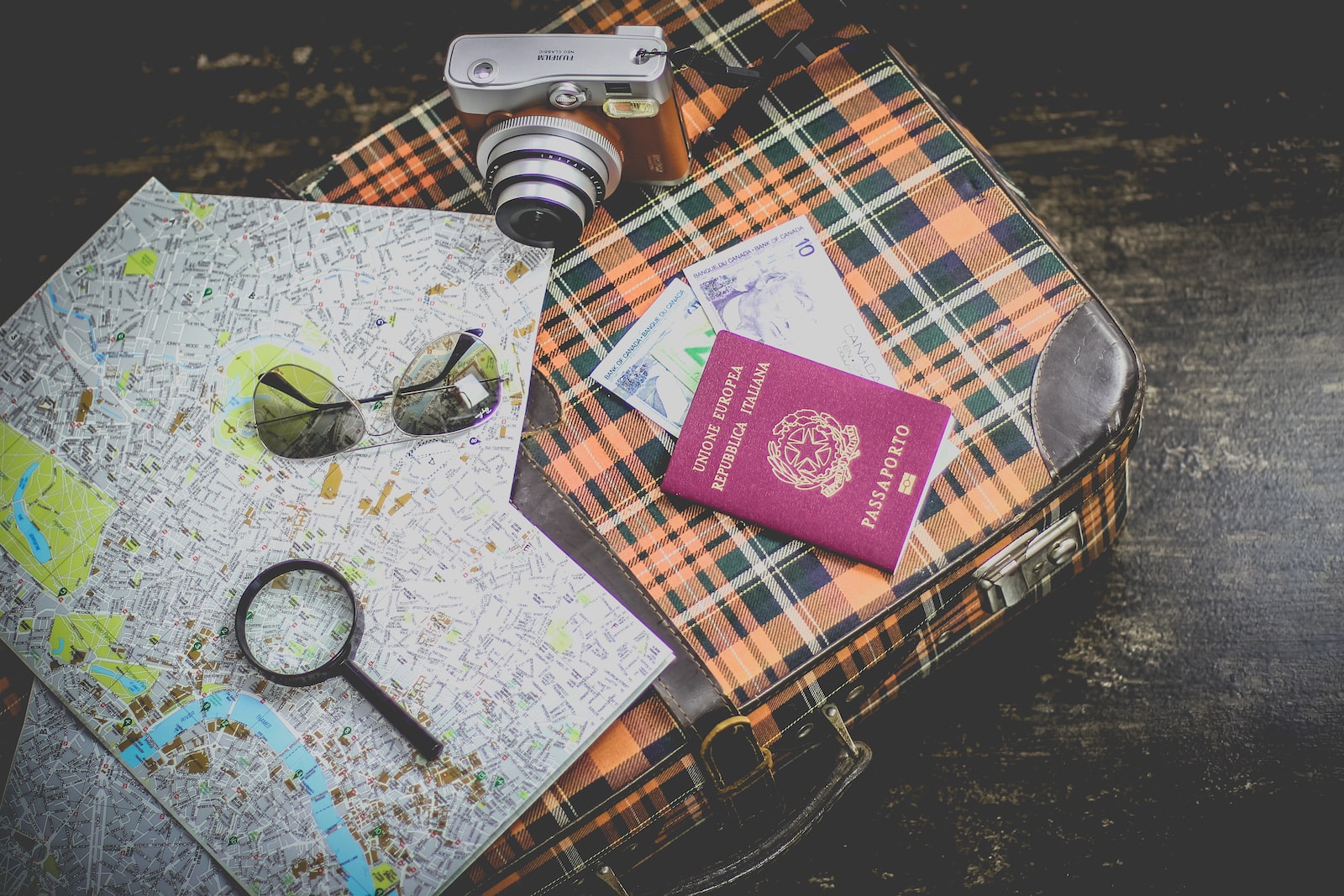
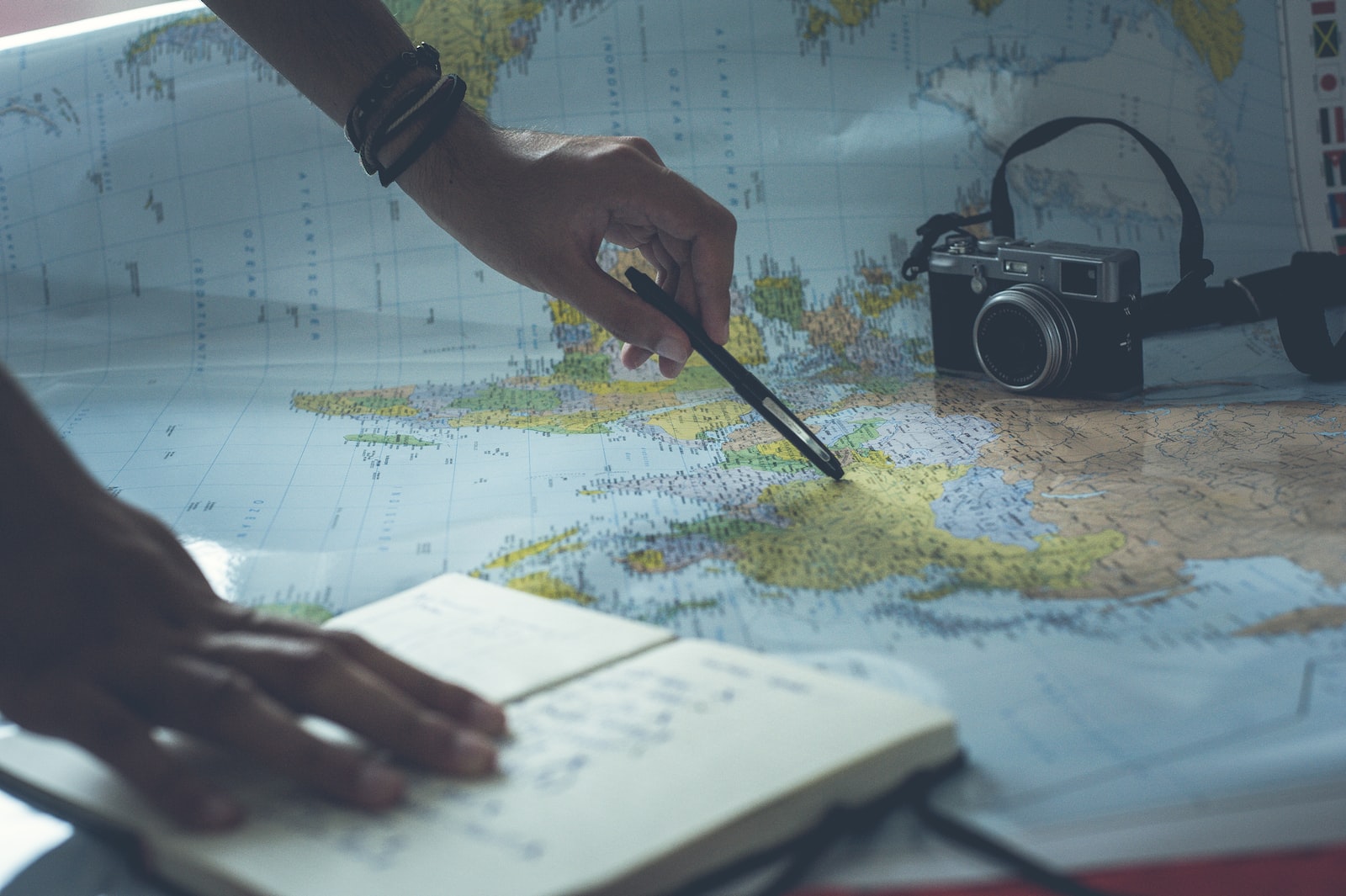
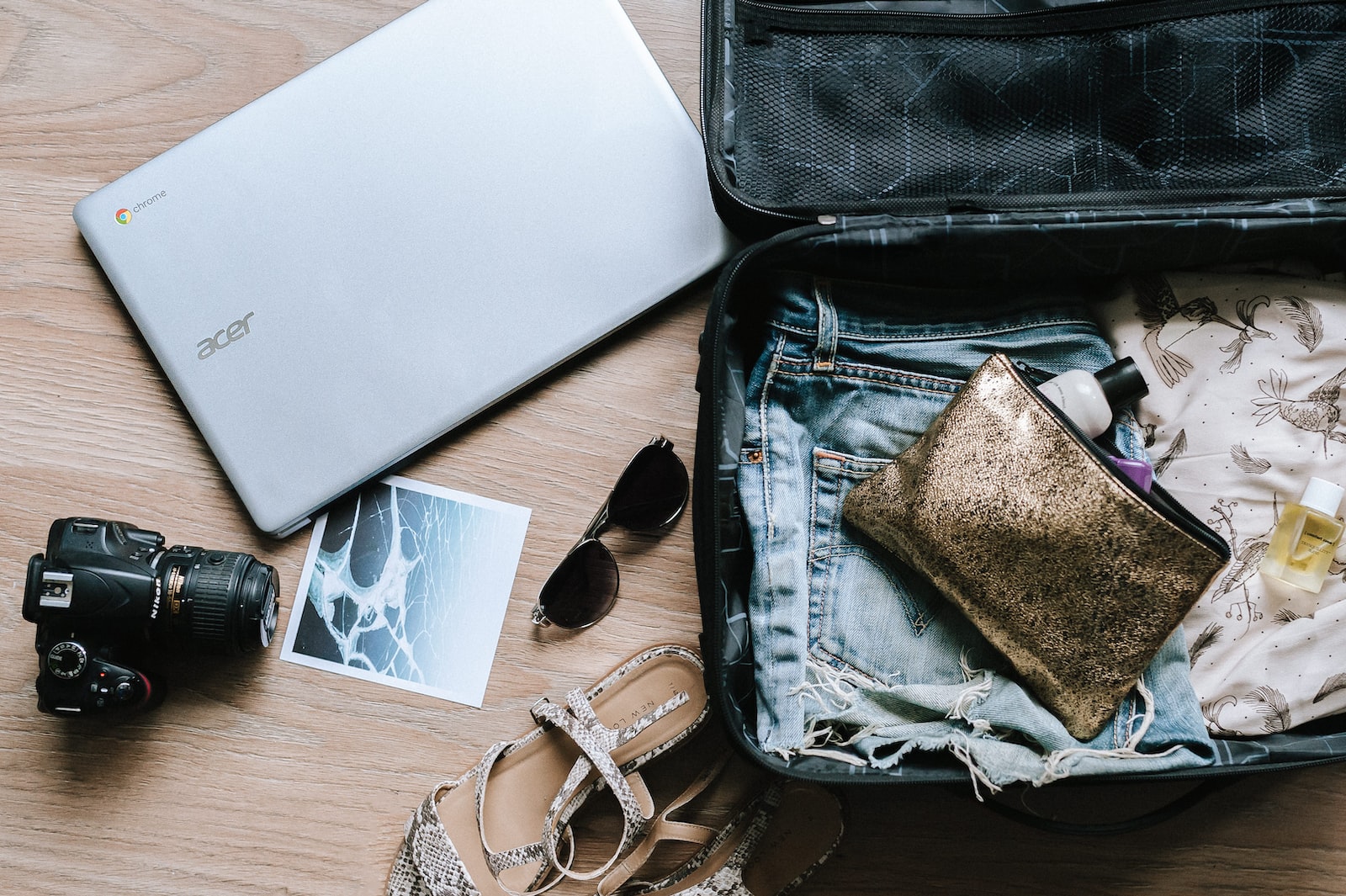
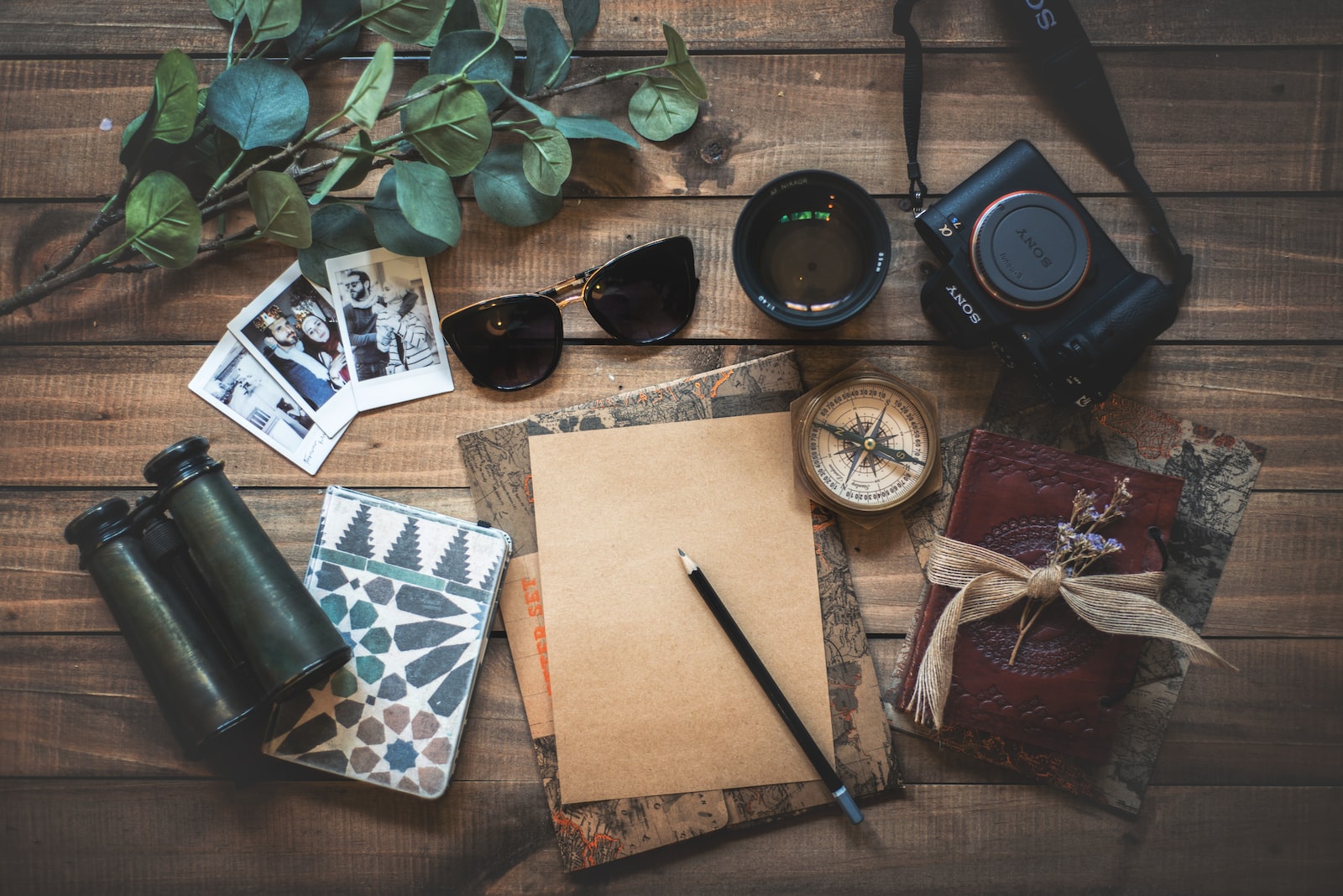
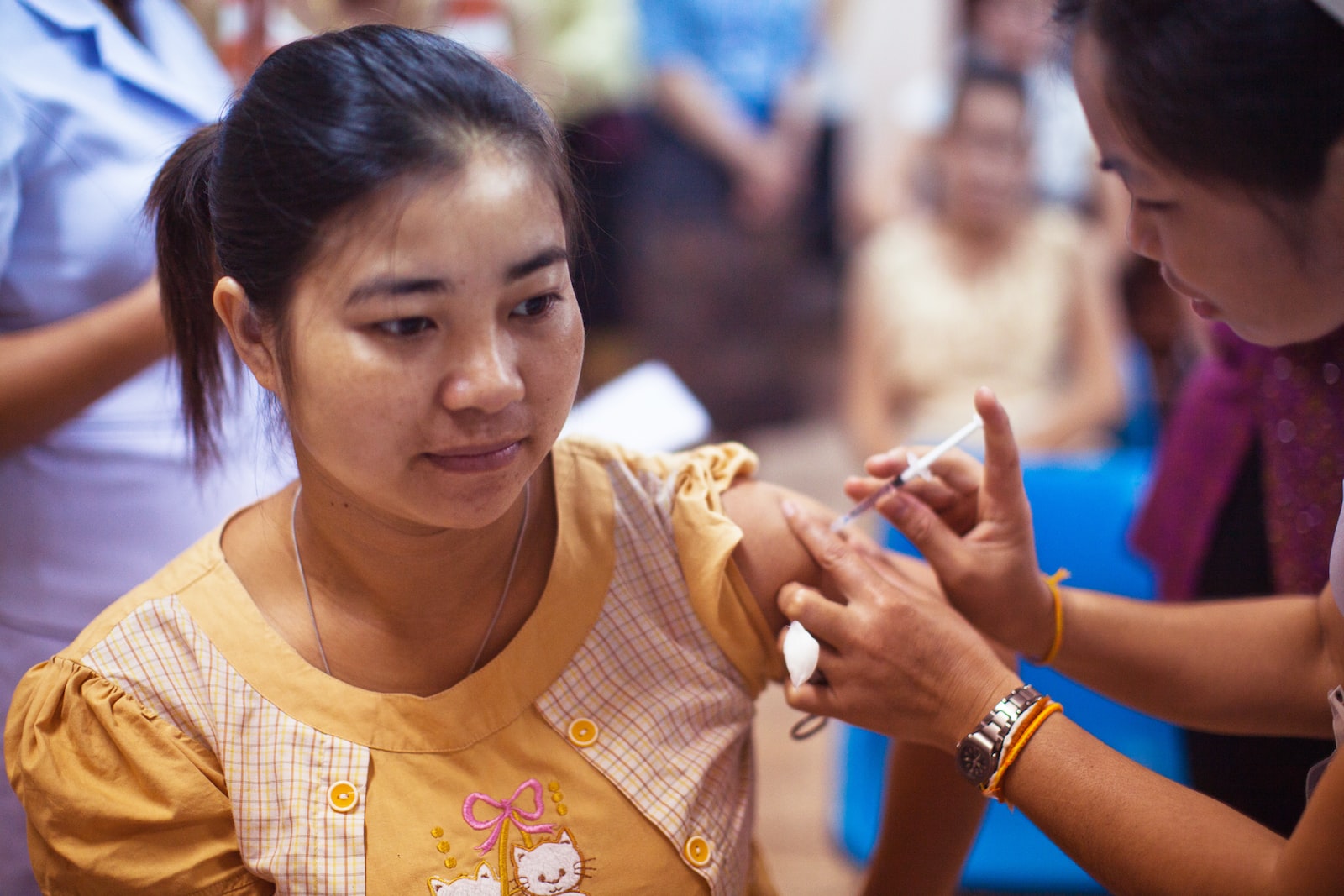
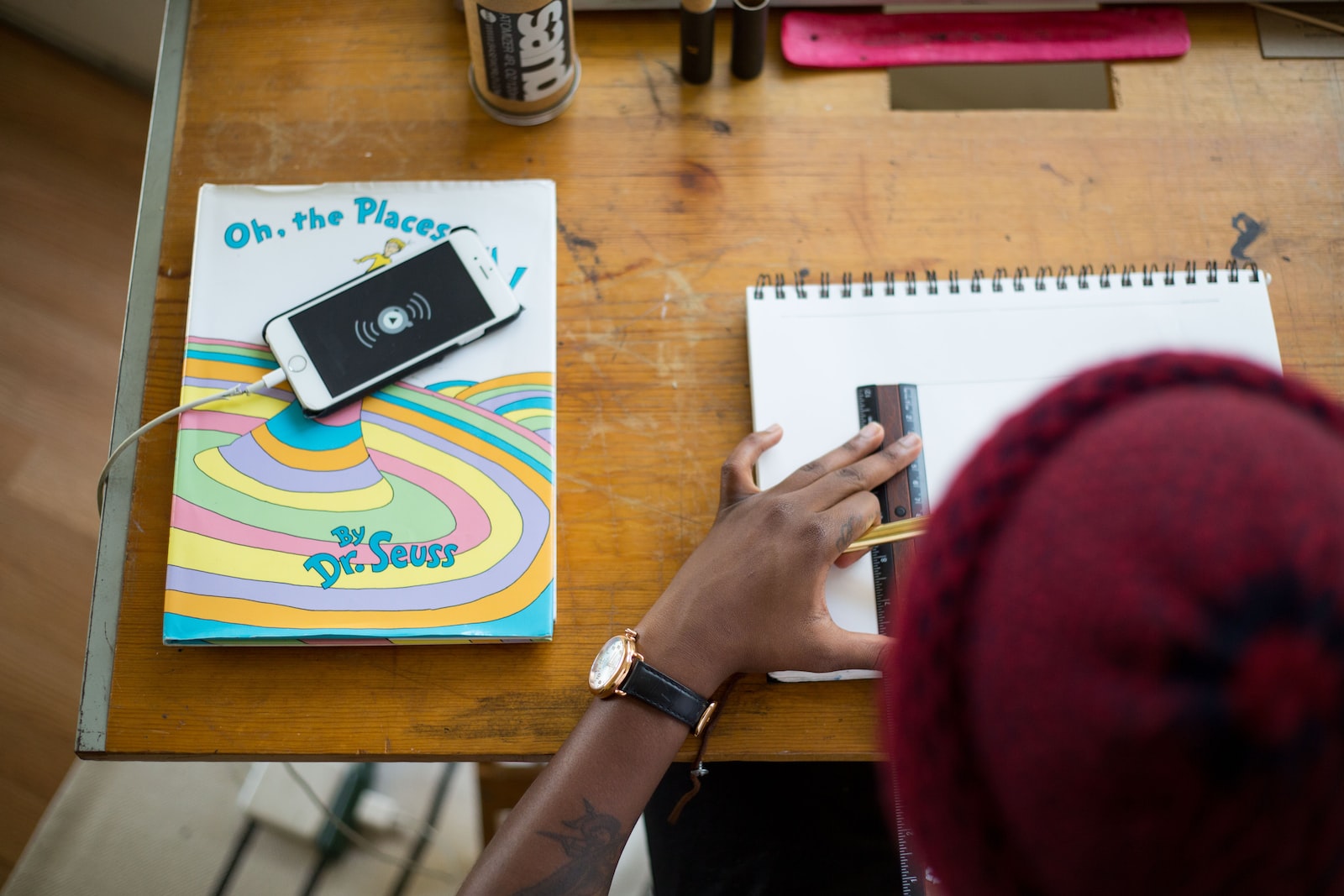

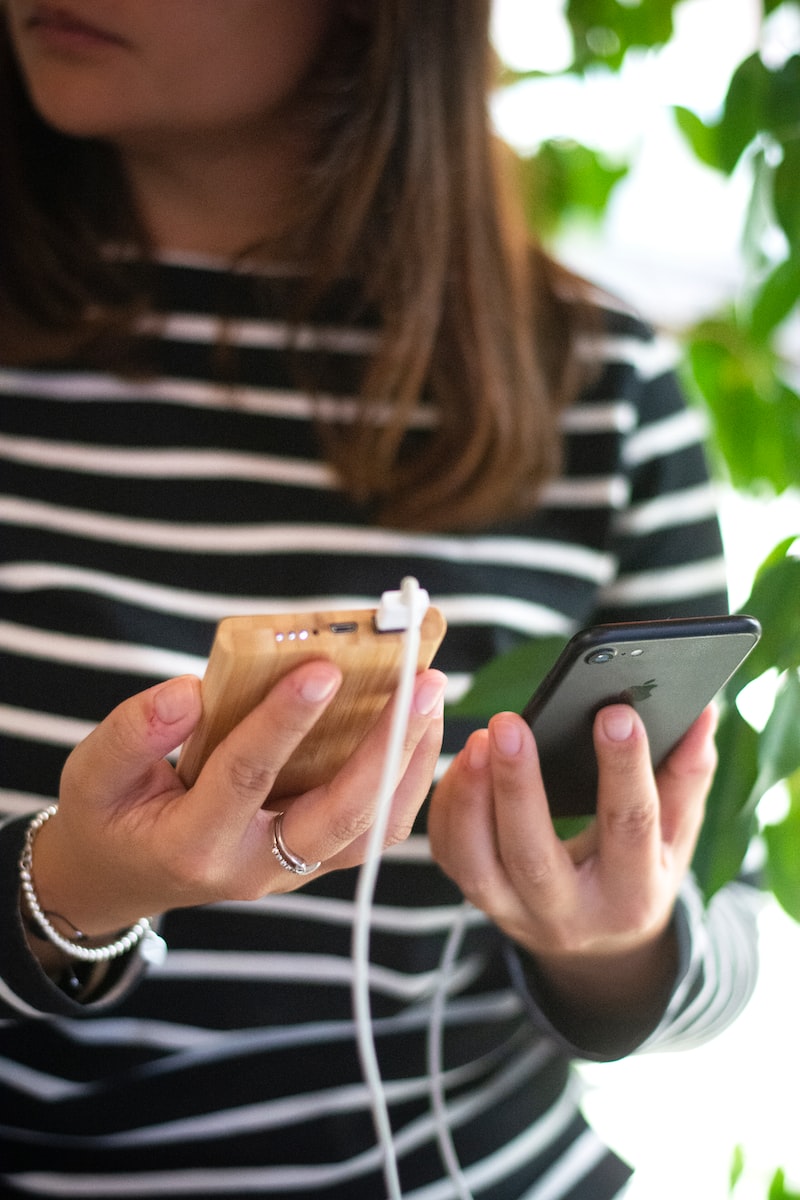
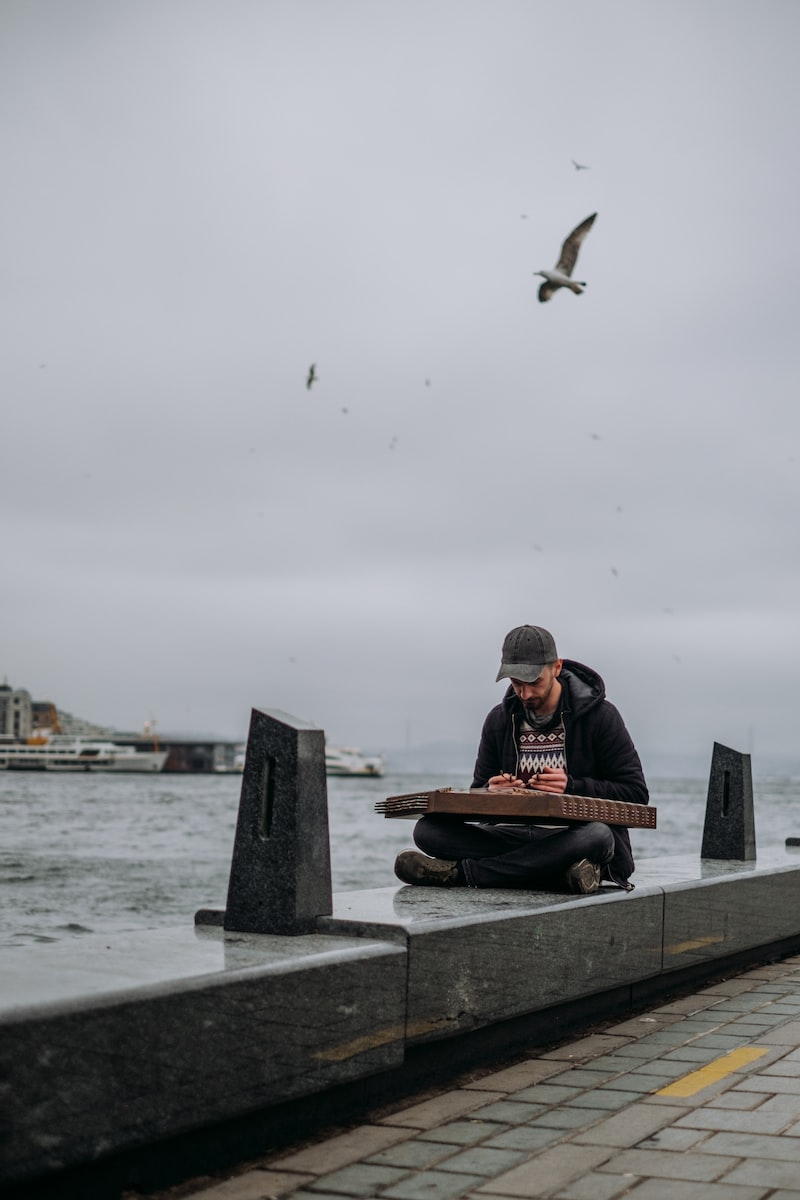
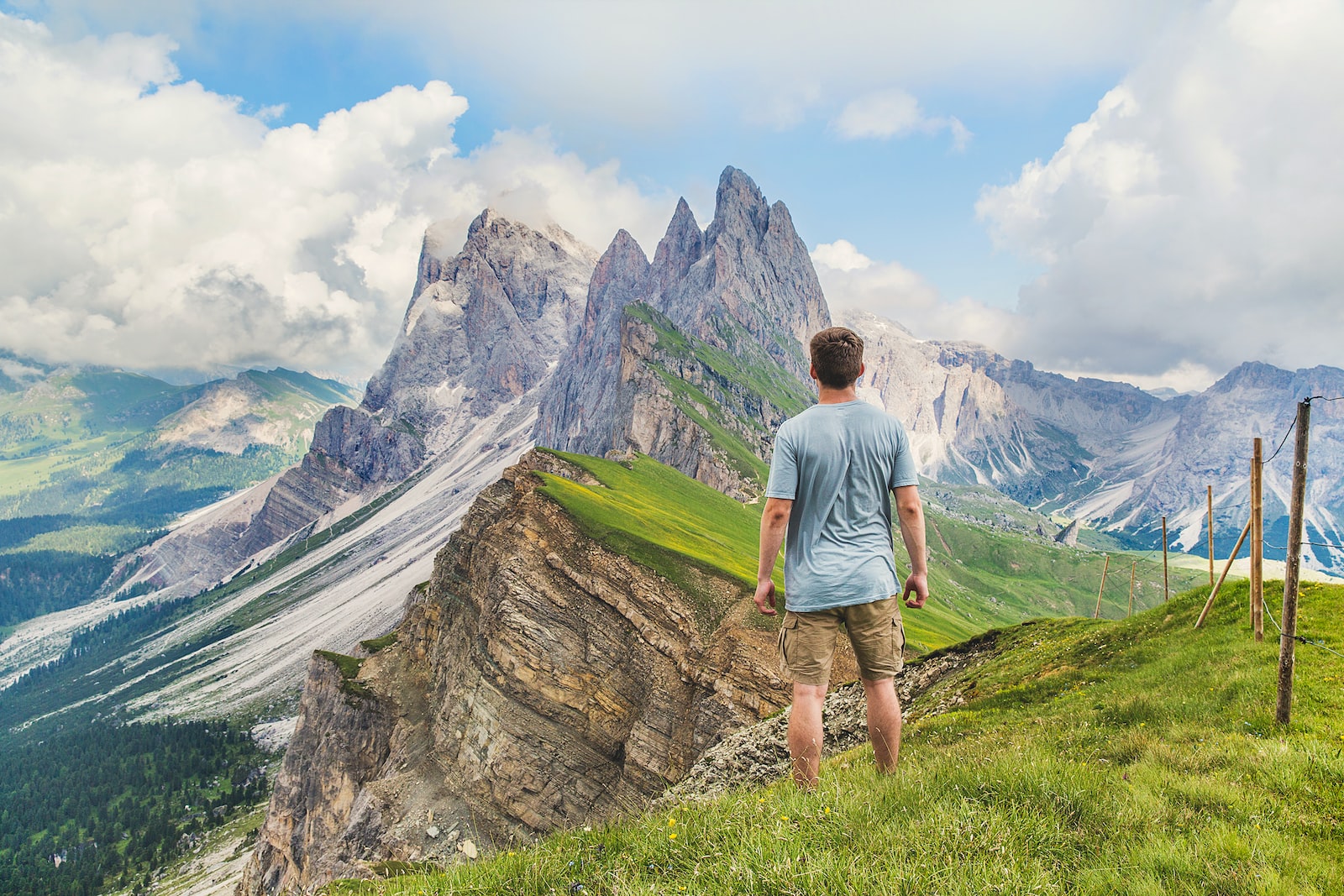


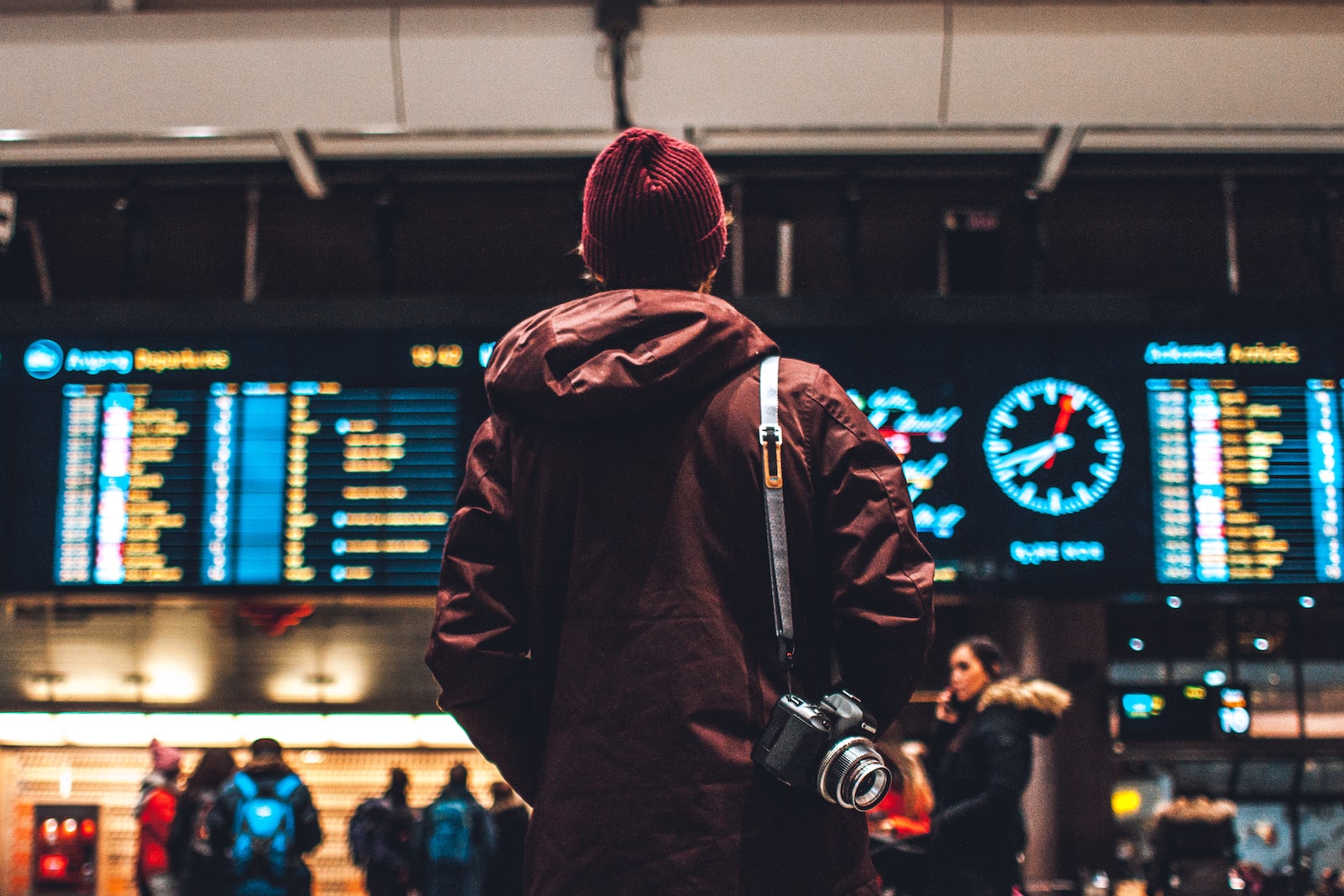
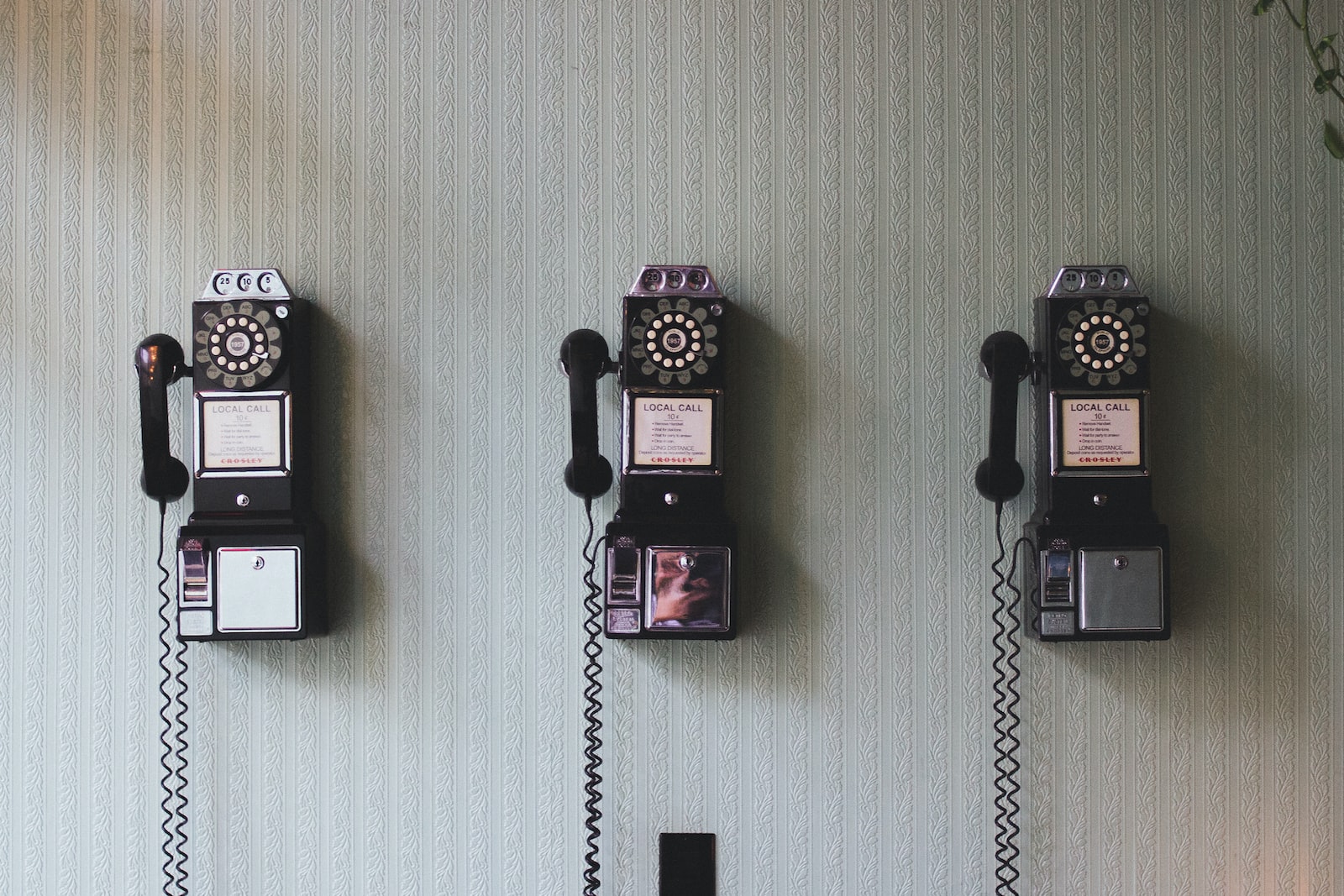

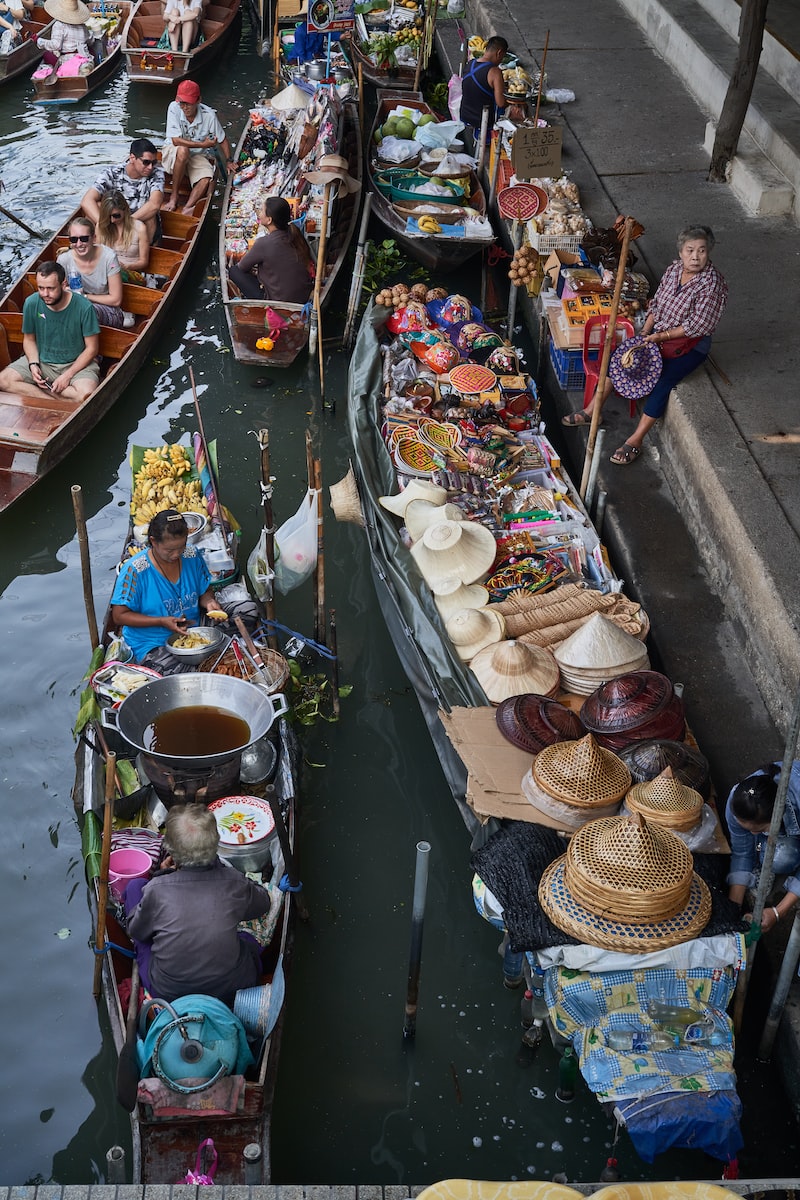
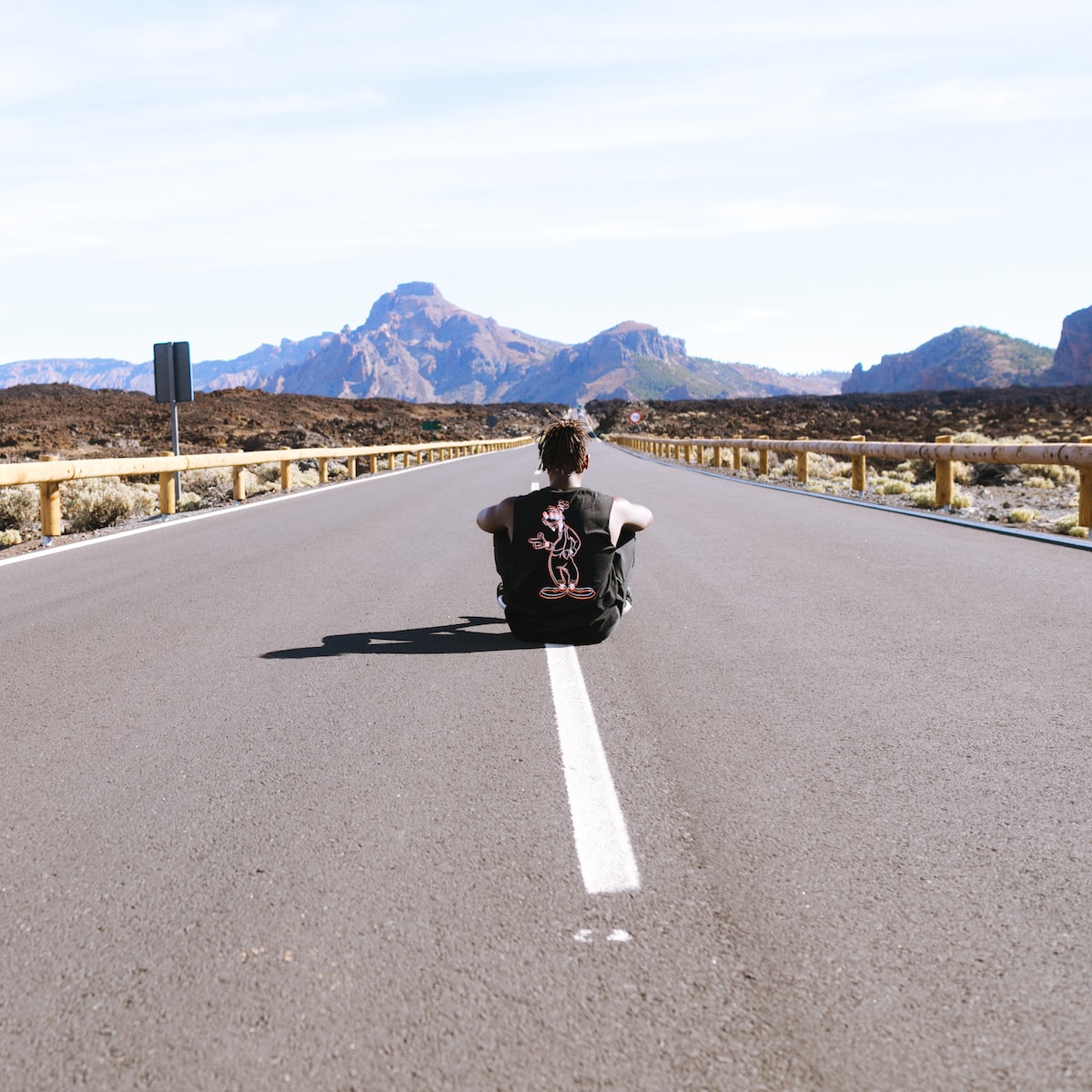

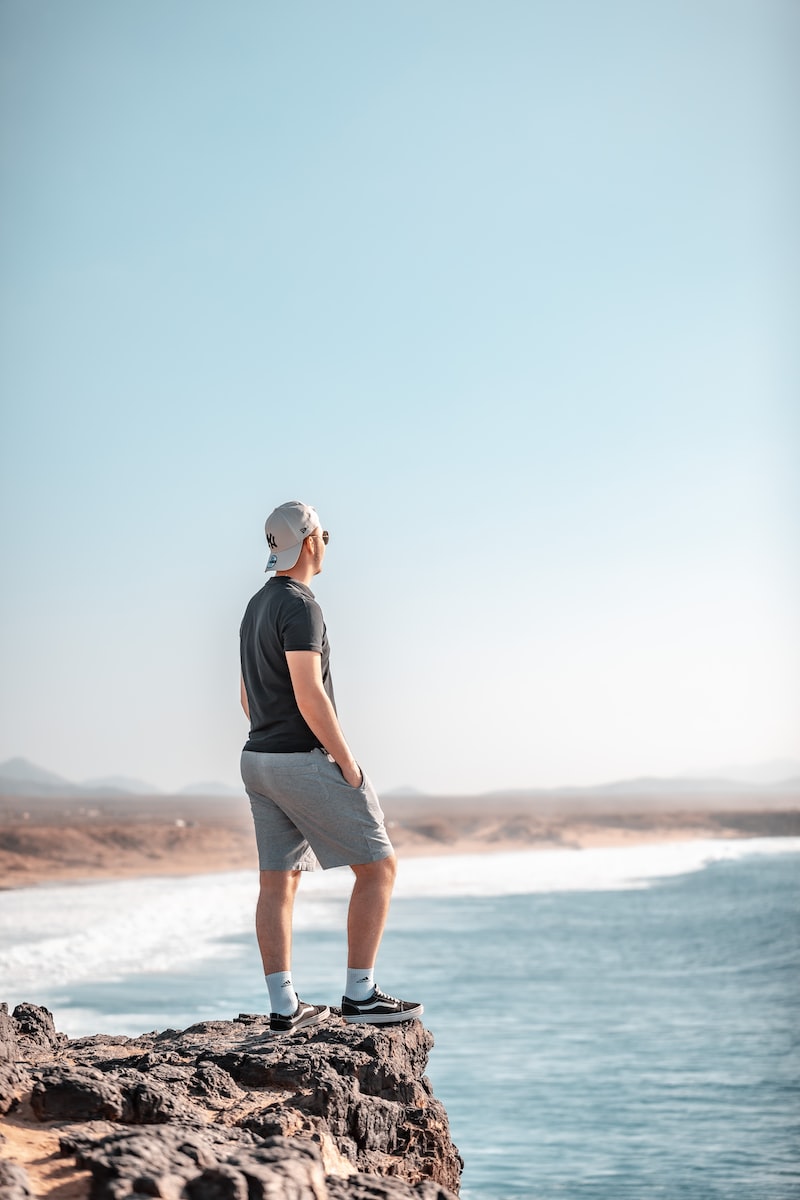
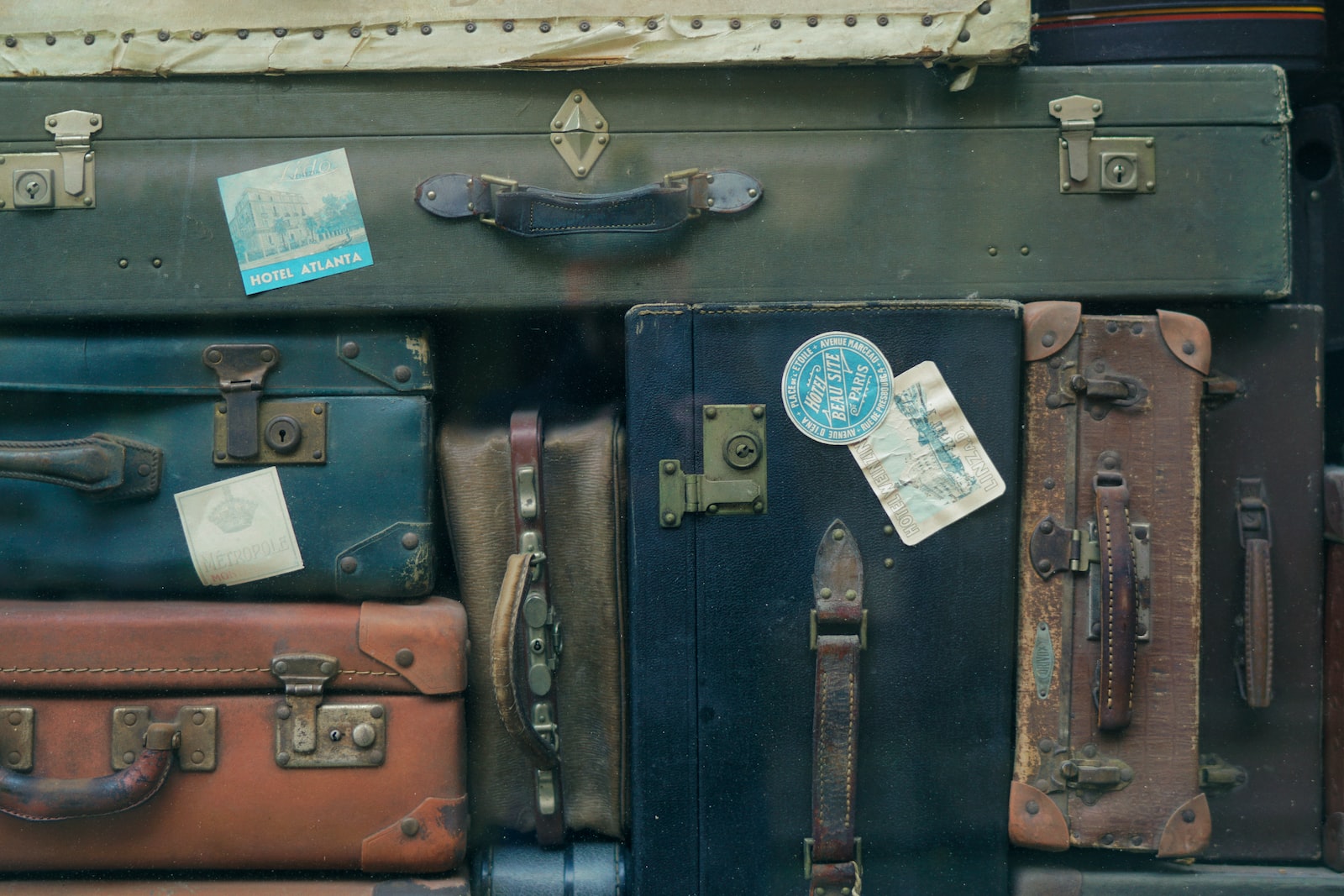
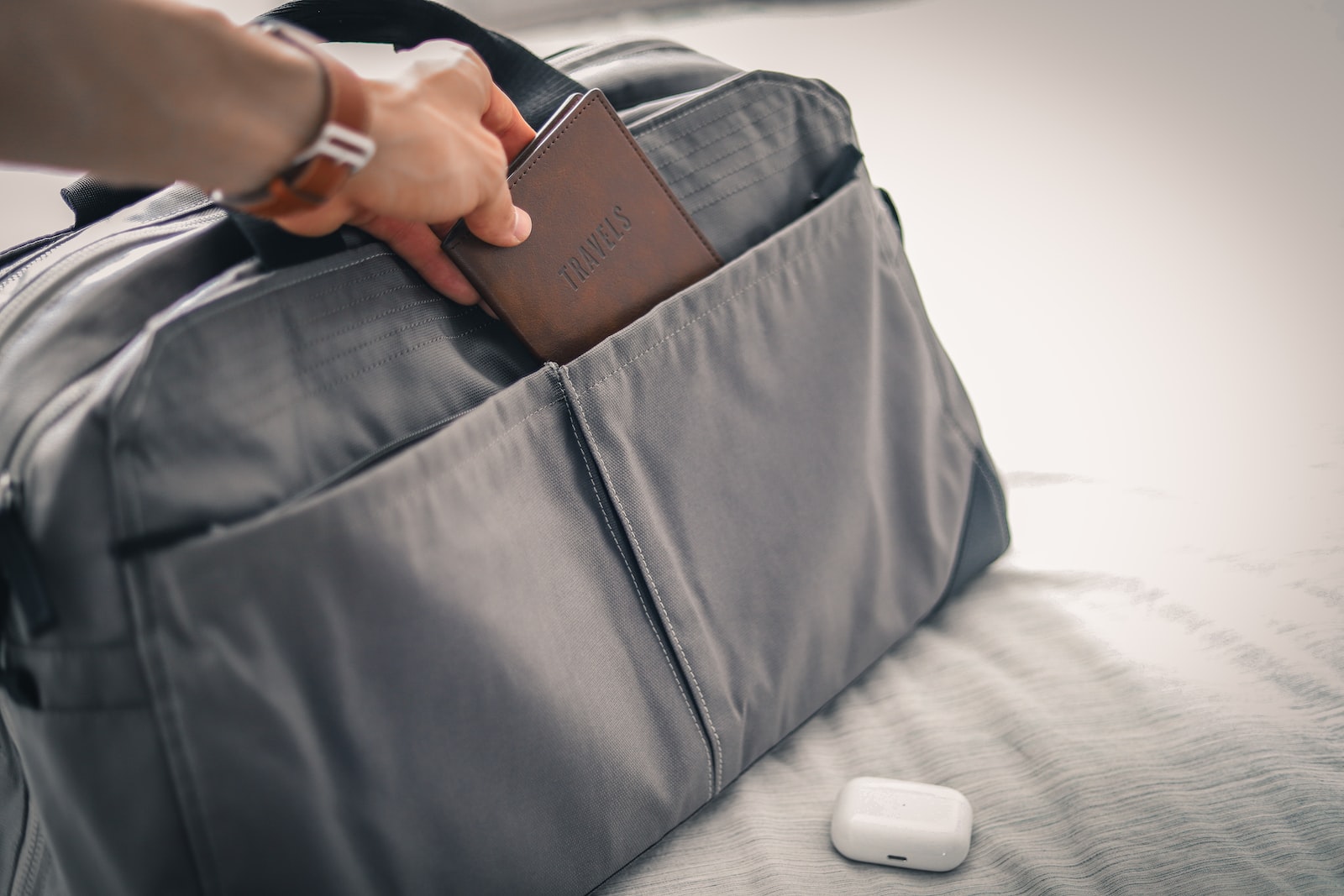
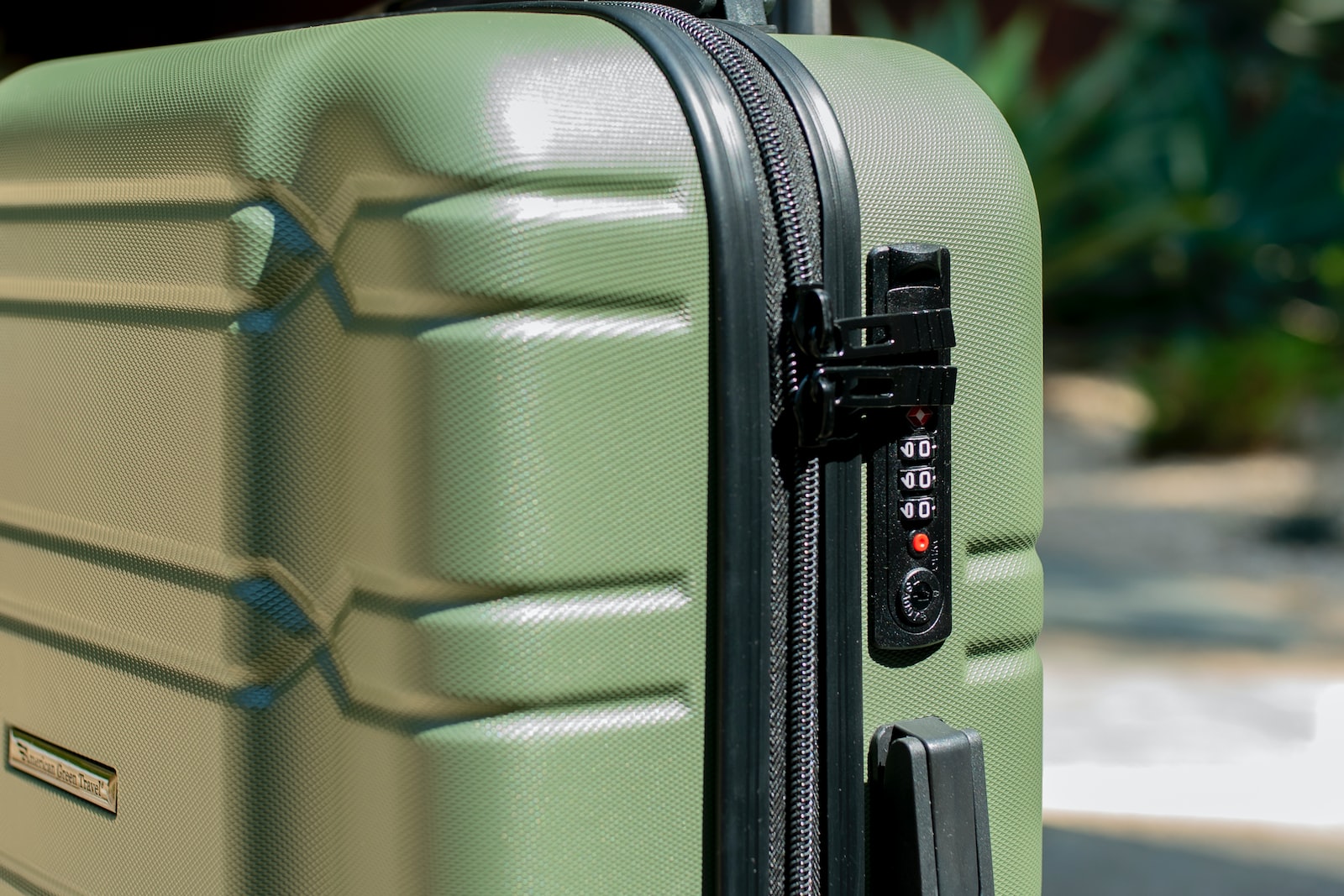
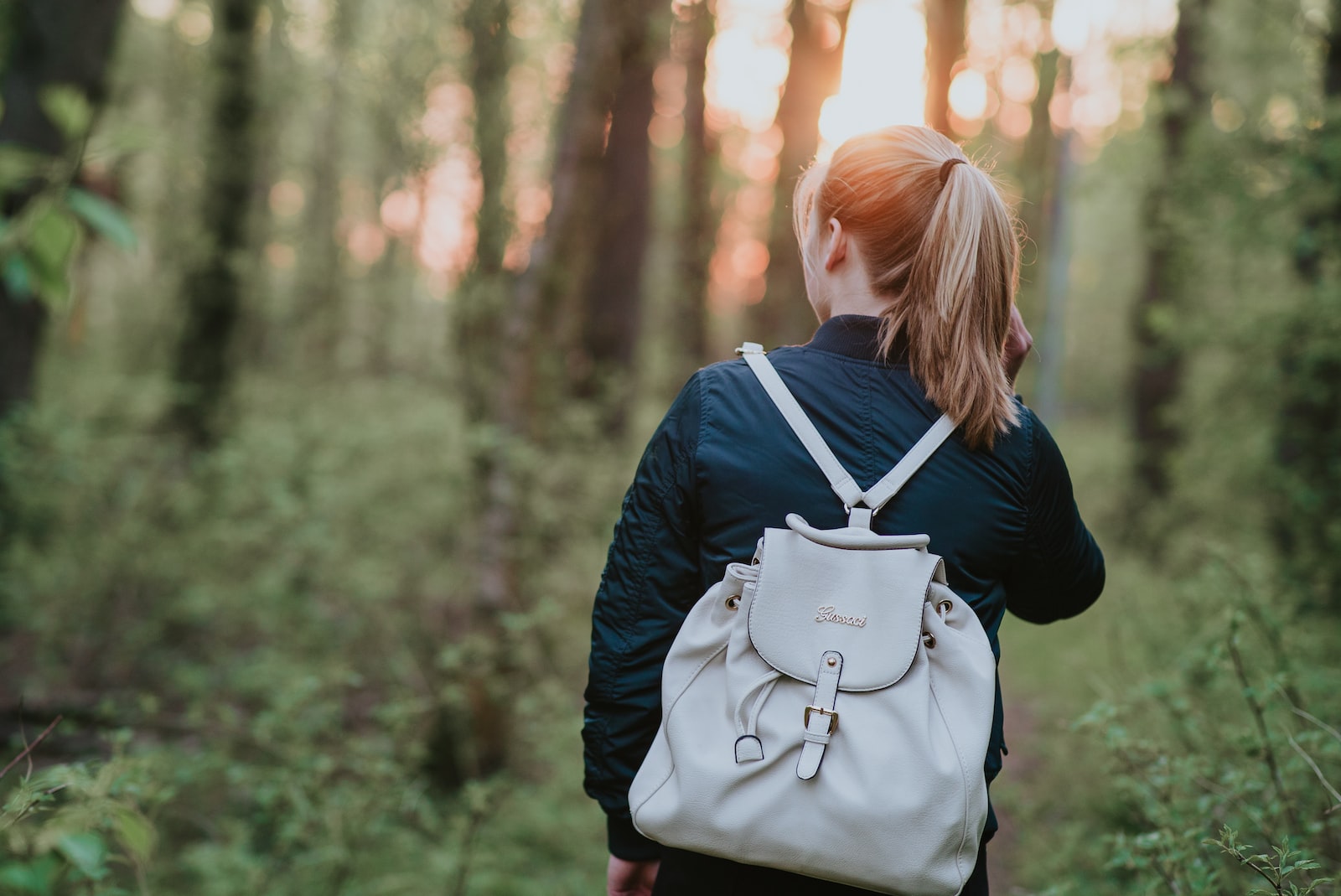
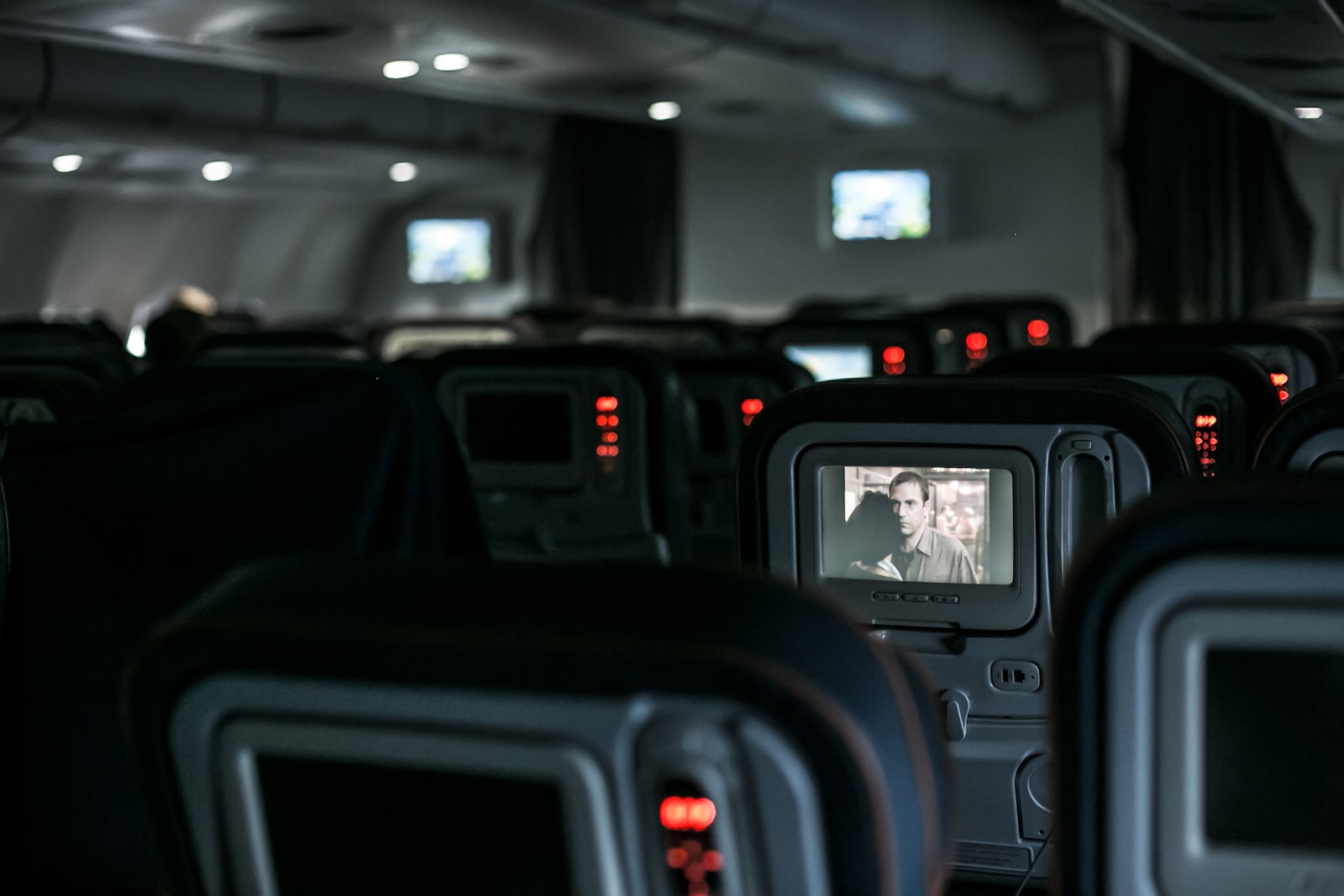
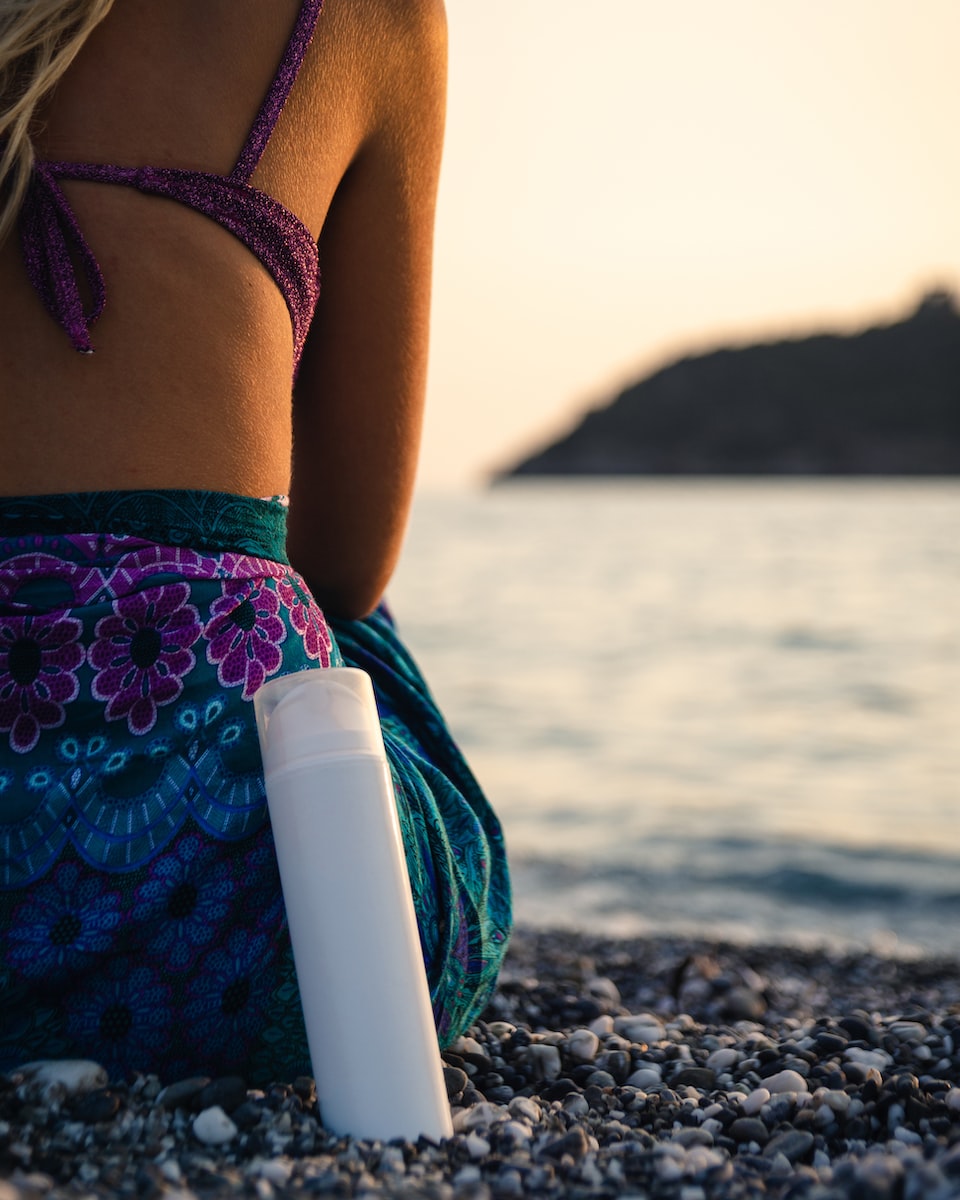

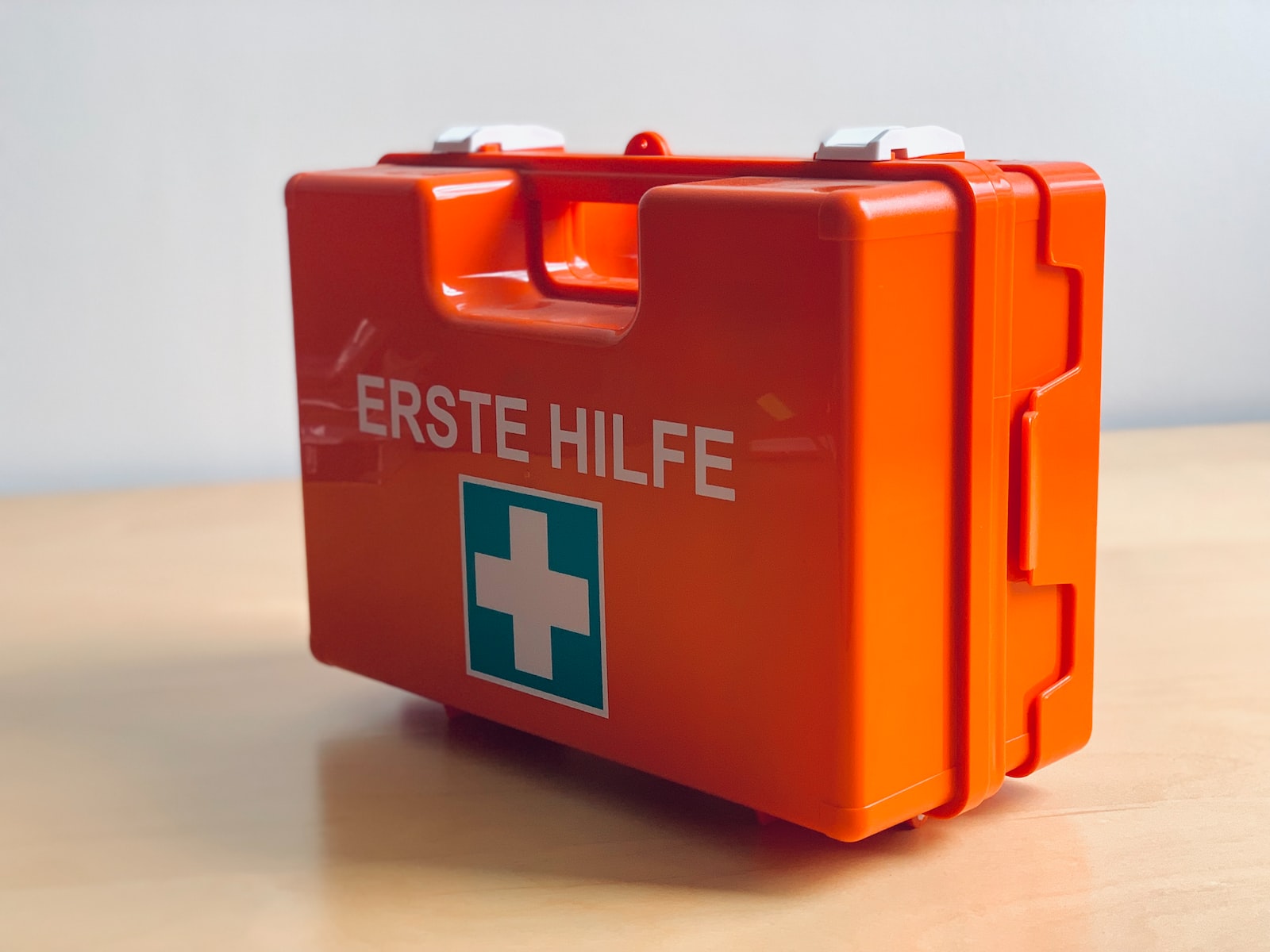

Leave a Reply